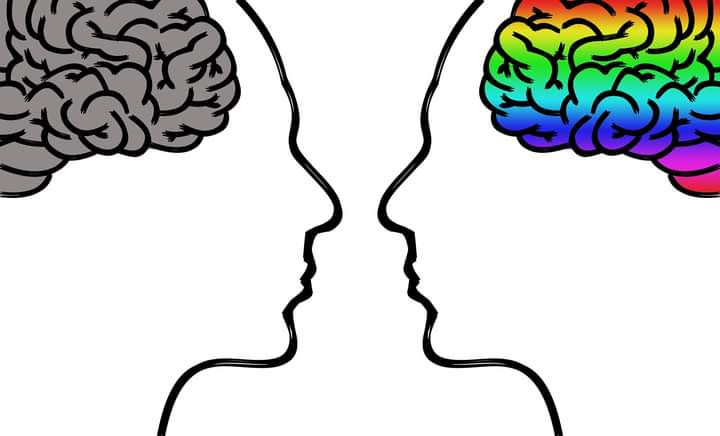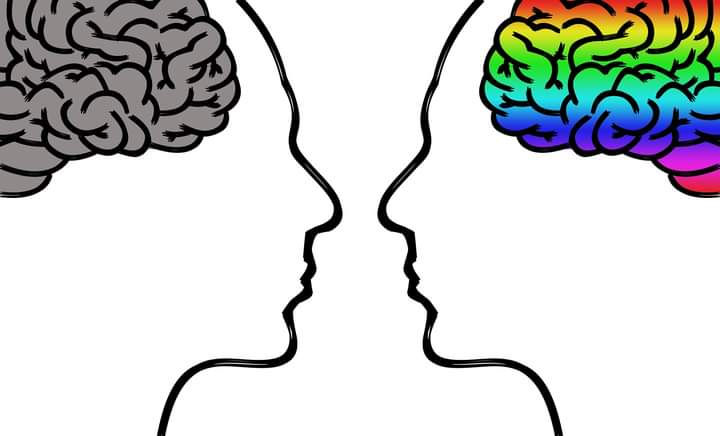What is Emotional Blockage or Apathy? How to identify and deal with this barrier?
- Debora Wiseman
- 28 de fev. de 2023
- 4 min de leitura

Apathy is the absence of emotion or enthusiasm. Chronic indifference extends to various sectors in life, such as personal goals, family and social relationships, and professional career. Normally tragic events also fail to sway the apathetic individual's emotions, assigning him the label of insensitive. In addition to lack of will, difficulty concentrating and retaining information and stress accompany the apathetic person.
Do you feel as if your discouragement has already taken on a physical dimension, making it difficult and almost preventing you from moving forward? If so, know that you are experiencing the dreaded apathy, a state in which any positive emotion seems extremely far away. Overcoming this is a great challenge, however, fundamental to achieving your goals.
In addition to indicating a more serious problem, this state of emotional insensitivity causes stagnation and inability to enjoy the good times in life.
How does a person become apathetic?
Apathy can appear at any time. It is usually triggered by an unpleasant occurrence or trauma, or a series of them, in any aspect of life. They drain enthusiasm, especially if they are prolonged.
Depression is the main reason. Stealing the color of life is one of the main symptoms of this psychological condition.
The person can try to ignore this apathy and live "normally". This behavior is very common among people with depression who don't want to accept the reality of their psychological state, or don't believe they need to seek help. At some point, without warning, the depressed person may have a panic attack or nervous breakdown as well as develop suicidal thoughts.
Another reason for people to become apathetic is excessive stress. Negative news, problems that the person thinks there is no solution, tragedies, violence, financial crises and gossip can affect anyone's emotions.
The enormous wear on mental health is just a matter of time if there is no attention to self-care. Little by little, the effort to be optimistic becomes very tiring and the challenge increasingly difficult.
Apathy can also result from living with serious pathologies, such as Alzheimer's disease, Parkinson's disease, Huntington's disease, dysthymia, among others.
How to identify apathy?
Four criteria are used to identify apathy. The person diagnosed with this excessive lack of interest demonstrates these factors for a period of four weeks or more. The person usually identifies with some or all of the criteria, but it is also common for it to be “temporary apathy” due to the hormonal and/or psychological changes they are experiencing:
> Generalized disinterest: the apathetic person demonstrates exaggerated lack of motivation which is not consistent with their age group, culture or health status.
> Behavioral, emotional or thought changes: such as: rudeness, bad mood or lethargy, make the routine of the apathetic person more challenging. Emotional and thought changes are felt through disinterest in news, social events and reflections.
> Decline in quality of life: previous changes reflect on the person's quality of life, affecting their relationships and professional life.
Behavioral changes whose cause is not related to pathologies or external elements: the changes in the person's behavior are not associated with physical limitations, illnesses or addictions.
Can apathy be treated?
Yes! Although it is not a pathology itself, there are ways to treat this unpleasant state of insensibility.
Some valuable tips on how to deal with apathy
1. Change your routine: Constantly living the repetition of everyday life may be pushing you towards this apathetic situation. Start with some small changes in everyday life.
2. Share your feelings with people close to you: Keeping negative feelings, frustrations and sadness can do you great harm, so strengthen intimate bonds and friendships. Allow yourself to trust those who demonstrate sincere feelings for you.
3. Cherish your qualities: Apathy can affect your self-esteem. Recognize your values. .
4. Stimulate your mind: Activating your mind removes apathy.
5. Learn to filter out negative influences: Do you experience a lot of toxicity or negativity in your daily life? You have to make an effort to filter these elements to prevent them from undermining your essence and making you lose motivation.
6. Make a list of small pleasures: What made you feel pleasure before access to your emotions was blocked? Keep it within reach at all times, as if it were your cell phone
7. Reflect on your best moments: Travel through your memories, stopping at the most important events. When did you feel most alive and what helped you to feel that way? Do everything possible to recreate your best memories in that very moment. It's okay if specific people are missing. Redo the experience alone, generate more good memories to remember in the future.
8. Learn to relax: Are you constantly stressed and find your life too difficult? So learn to relax by doing something you enjoy. Create an outlet to keep your sanity.
9. Set goals: An effective way to start dealing with apathy is to set goals to accomplish within a certain period of time, in order to feel motivated and keep doing what you need to do. If you live a routine without "color" and without an idea of what to do to get out of this situation, you need to find something to try to achieve. The more effort you make to reach that goal, it will help you to distance yourself further and further from apathy.
10. In addition to our tips: It is essential to seek professional help if apathy is taking over and dealing with it is too challenging. If an emotional trauma is keeping you trapped in apathy, consider scheduling an appointment with a competent doctor and therapist to address your emotional issues. Therapy helps patients release their challenges and traumas in a safe and confidential way, respecting each one's privacy and pace.
Apathy is not a disease, but it requires attention and treatment to avoid a big impact on your life. It is harmful but it's possible to break free from it. Regular therapy is a great way to better understand your triggers and identify ways to better manage your emotions.
IMPORTANT: We are Holistic Therapists and our treatment is alternative. Even presenting satisfactory results, it is essential to emphasize that only duly qualified physicians can diagnose diseases, recommend treatments and prescribe medication.
All the best.
See you next week
Shalom!
Debora and Daniel Wiseman





Comentários